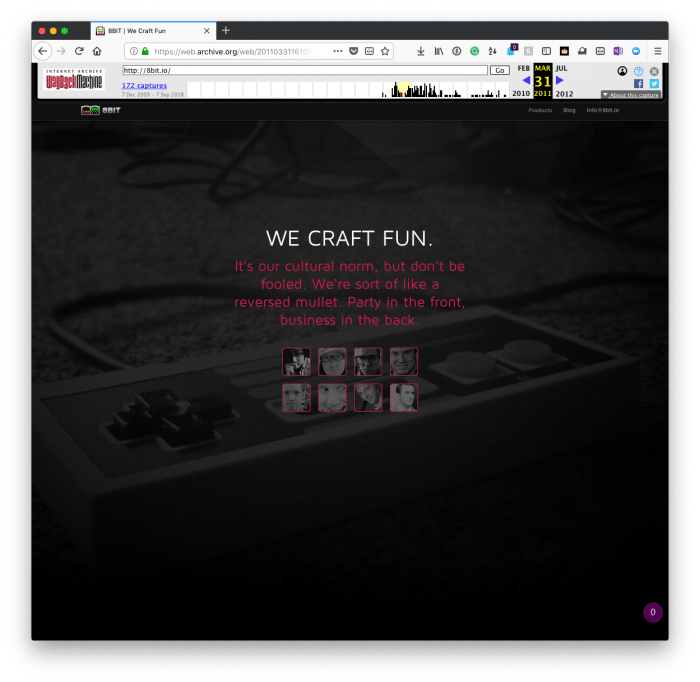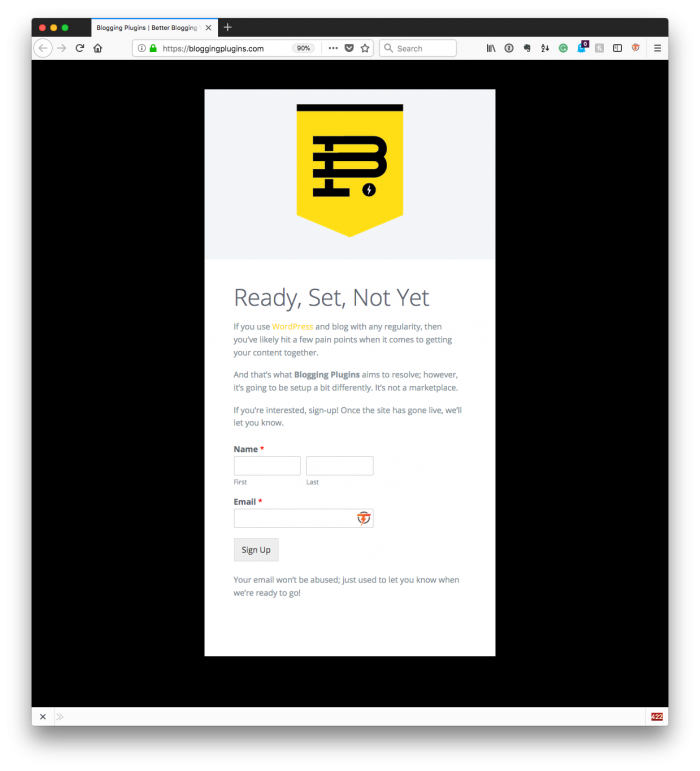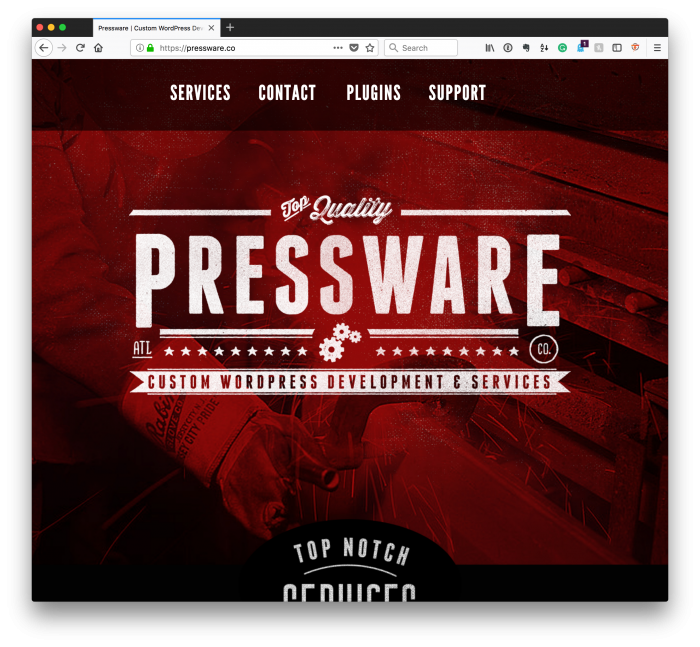In Part 1, I wrote a bit about what happens when someone gets bored with WordPress development. Specifically, I raised points of interest in:
- Is it the community?
- Is it the social (perhaps read: political) aspects of it?
- Is it the fatigue of learning something new?
- Is it the notion that you’ve learned all there is to learn about it?
- And more.
And though I think it’s completely reasonable and acceptable to say “I’m ready for something new,” I think doing so under the guise of “I’ve learned all there is to learn about WordPress” to be a bit of an overstatement.
It’s a big piece of software with a lot of APIs, tools, and libraries around it. To make the claim that you’ve learned everything, there is to know about WordPress may be a stretch. I’m not saying it can’t be done (because there are people who have been involved with the project since it’s initial fork), but it seems unlikely.
Regardless, I thought I’d spend a few more words talking about the areas in which I’ve been involved and why I moved away from them as well as why I moved into the areas I’m in now.
Bored with WordPress, Part 2
I ended the last post saying the following:
I may do a follow-up post of some of the areas that I’ve been in, moved away from, and then focused on and where I’ve found my strongest level of interested and the how and why I’ve stayed there for longer than other areas.
For those who are just interested in the cliff notes, the short of it is something like:
I’ve been involved with WordPress first as a blogger, then as someone who was tweaking themes, as someone who was building and selling a couple of themes with a small team, someone who focuses on plugins and custom solutions.
But, as with anything, there’s a bigger story behind each part of it.
As a Blogger
For anyone who’s heard me speak during a presentation or on a podcast, then you’re likely to have heard me talk a bit about how I first got started with WordPress.

Clearly, the Wayback Machine didn’t grab the stylesheet.
In short, I started using it when I was in college to talk about what it was like to be a computer science student at my alma mater. It was an effort by the school to give prospective students some insight into what it was like at the school.
And it was fun. I enjoyed writing and enjoyed what I was studying so putting the two together was easy. Then when it came time to start my career, I continued doing so by treating the blog as a public notebook, of sorts, in which I kept notes on what I was doing, shared what I was learning, and also other things I found interesting.
Themes
When I decided to move into self-employment, I was doing a bit of custom web application development using Rails and then doing some minor tweaks to WordPress installations.
But the more I learned about WordPress, and the more I learned about how various parts of the application were put together as well as how active its economy had become, I began to gravitate more and more towards that.

And during that time, I was doing custom development for others using PHP and a variety of other tools and then continued to do more and more with WordPress. As the demand for sites grew and themes became a profitable area of the economy, I had the opportunity to start a business with friends in which our primary product was a theme and then some smaller, tangential products outside of that.
But front-end development is not my forté, and it’s not a place that I like focusing on as the primary area of work. If it’s a component, sure, and if it’s part of a project, that’s fine. But I prefer to partner with people who truly enjoy it and are very skilled at it.
Plugins
Over time, I became increasingly interested in the plugin economy – not so much from the point of profit but as a means by which WordPress can be extended, manipulated, and generally built to solve a given problem.

And as I began to spend more time writing plugins for myself and others, I began to find that I enjoyed building custom solutions using object-oriented techniques in the context of WordPress.
Thus, I decided that’s where I’d spend the majority of my energy (though I still plan to focus on custom plugins as time allows).
Custom Solutions
Now, I spend my time working on building custom solutions for others. Specifically, whenever people ask what I do with WordPress, I tend to say that I use it as a foundation for web applications.

This means that I tend to approach problem-solving from the perspective that the database serves as, obviously, the data store. Then I’ll build a set of models and other objects around them (such as Registries), and make that information available on the front-end to be incorporated into themes.
Working with others in doing this has also allowed for some great exposure to APIs that I wouldn’t necessarily need to touch such as to Rewrite API or the REST API.
But when you’re integrating with third-party APIs or applications and need to provide some type of custom URL schema or provide others endpoints to which they can connect, it provides a solid foundation.
Still Blogging (And More)
Obviously, I’m still blogging because I very much enjoy writing and writing about what I’m doing. I try to make sure that I focus on WordPress-oriented development topics though I digress from time-to-time (this post a case in point, right?).
But to bring this full circle, there are times where we can get bored with anything we’re doing it – be it with respect to work or with respect to a hobby – but it’s harder to write something off and move onto something new when the breadth of whatever it is we’re doing is larger than a narrow area in which we entrench ourselves.
So though I’m content with what I’m doing, I’m not content with my current level of understanding or the width of the scope of what I do in my day-to-day.

